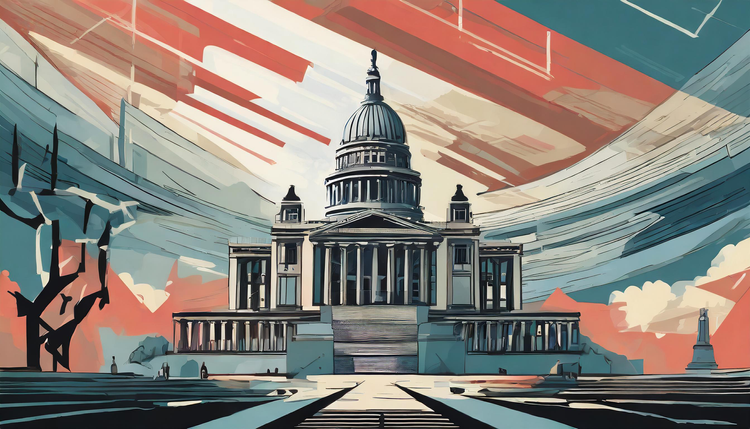The Value of Great Information
“That’s how knowledge works. It builds up, like compound interest.” - Warren Buffett
In 1871, JP Morgan — now the largest bank by assets, totaling $2.5 trillion — was founded to facilitate European investments in the United States. From there, the firm established its legacy by consolidating, restructuring, and operating a historically-fractured railroad industry.
JP Morgan would not have been able to steer European investments or consolidate a giant industry without valuable, unique information.
They knew what company was expanding, what company had unsustainable debts, what company has better technology, and what would be required to make it all work.
More than a capital edge, JP Morgan had an information edge.
In a world of Google-powered, always-accessible connectivity, it is hard to appreciate the transformational value of information.
In 2018, the main lesson of JP Morgan’s rise is still valid: great information is arguably the world’s most valuable asset.
Facebook, Google, and Amazon have business models built on information. The same is true of leading companies in the healthcare, investment, and transportation sectors.
Before you invest too much energy into product design, commercialization strategies, or capital allocation, it’s worth asking a simple question: do you have the best information?
The answer is likely no.
The next question is even more critical:
How do you get JP Morgan-level information?





